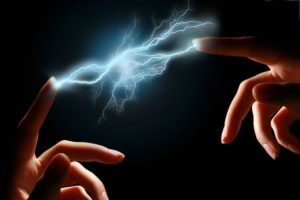
Nearly 2600 years ago a wise man noted that the only thing that is constant in life is change. Heraclitus taught, “The world is not to be identified with any particular substance, but rather with an ongoing process governed by a law of change.” 1
Change is the ultimate reality of life and how we deal with this fact influences our lives greatly. For all our existence we have struggled with how to come to terms with the varying nature of life and its impermanence. After all, the world will keep on spinning and tomorrow will bring a new day. What will we do with the moment we have now?
While accepting the ever-changing nature of life is ultimately the key to finding peace, it can be difficult to practice and master. All too often we unknowingly cling to attachments – be it people or things. We suffer as a result when the world inevitably changes, potentially severing our attachments in the process. Fearing loss we may clutch onto people or conversely avoid any deep connections, neither of these allows us to fully experience the connection to life itself.
The Tao Te Ching offers guidance stating to “let all things come and go effortlessly, without desire.” Of course actually doing these things can at times go against our very nature.
Likewise the bible reminds us that while we are in this world we are not of this world. This distinction of separating our true self from the world we experience, if we are able to make it, can allow us to connect with our higher consciousness. We make contact with the infinite source.
When we are no longer able to change a situation – we are challenged to change ourselves. -Viktor E. Frankl
One of my favorite Beatle songs is Across The Universe. Its chorus goes:
Jai Guru Deva, om
Nothing’s gonna change my world
Nothing’s gonna change my world
Nothing’s gonna change my world
Nothing’s gonna change my world
Being comfortable with discomfort and change allows us to live more fully. Leaning into the vulnerability and volatility of life, opens us to vast array of wonderful experiences. I am grateful to God for each day and the variety we can experience.
Meanwhile my words are flying out like endless rain into a paper cup.
“Internet Encyclopedia of Philosophy.” Internet Encyclopedia of Philosophy. N.p., n.d. Web. 13 Sept. 2015. http://www.iep.utm.edu/heraclit/


